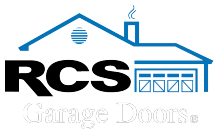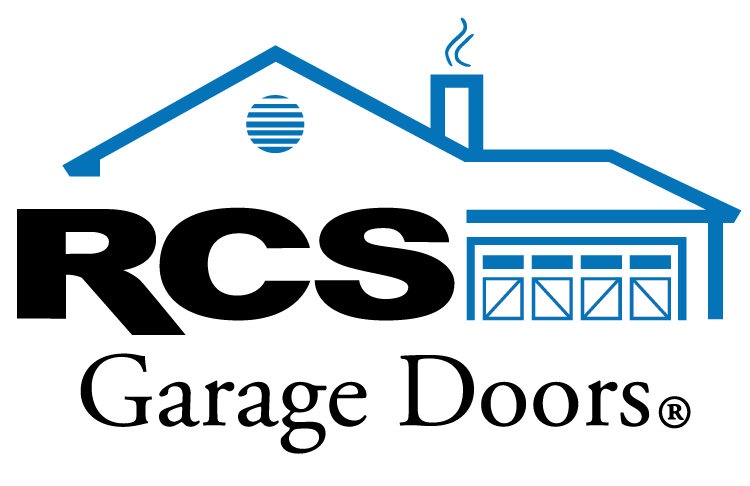How To Lubricate Your Garage Door
*Screech! Crash! Rattle.* These are some of the sounds your garage door may make while opening and closing. They may even seem normal to you because that’s all you’ve ever known. Shockingly enough, this is a common attitude amongst homeowners with noisy garage doors. They learn to live with it because they don’t think there’s any other choice.
Good news! These noises aren’t permanent and can be corrected easily. They’re simply telling you that your garage door needs to be lubricated. Once properly lubricated, you will instantly have the calm, quiet garage door you once had.
Lubrication is Essential for Garage Door Health
As the largest moving object on your home, the noises your garage door makes are secondary to the problems that are making said noise. The springs, rollers, tracks and hinges all need to be lubricated once ever few months to keep the garage door functioning smoothly and quietly.
Depending on your garage door’s configuration, your lubrication process may vary. However, you’ll want to overcome the bigger problem in this general order:
Tracks
Clean the tracks with a rag to eliminate any build-up that may be interfering with your doors smooth operation. Note: Don’t lubricate the tracks, but ensure they are clean.
Springs
Spray your garage’s torsion springs. These are the springs that lift your garage every day. Be sure to only lubricate them enough that they operate more smoothly.
Hinges
Lubricate the steel hinges at their pivot points, but don’t worry about the plastic ones. If you lubricate plastic hinges, it causes them to break down over time.
Rollers.
If your rollers have nylon wheels that make contact with the track, only lubricate the bearings without getting any on the nylon. All-metal rollers don’t require nearly as much precision but make sure to wipe any excess lubricant to prevent it from dripping on your garage floor or car.
Once your garage door is good and lubricated, open and close it several times to even out the lubricants distribution. If you still hear a lot of noise coming from your door, follow the sound to determine if you missed a moving part or if more a substantial correction is needed.
What kind of lubricate should you use?
This is a common question, and most people tend to go straight for the WD-40. Whatever you do, DO NOT use WD-40 on your garage door parts.
Instead of WD-40, use a silicone spray or white lithium grease to lubricate the moving parts. Aerosols are especially well-suited for injection into small moving parts, and these materials won’t attract dust or gum up like a mechanic’s grease or engine oil.

